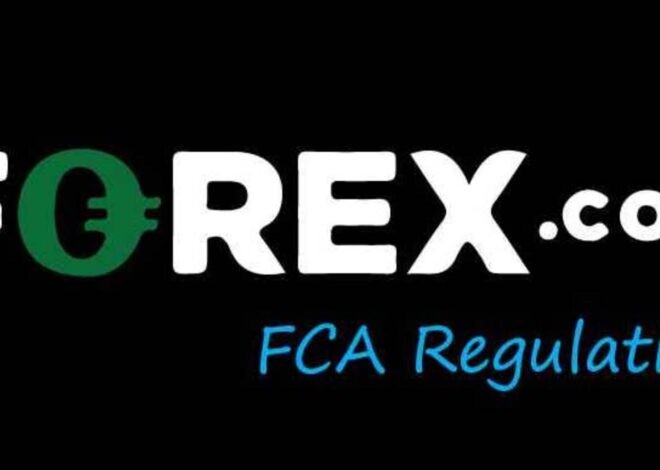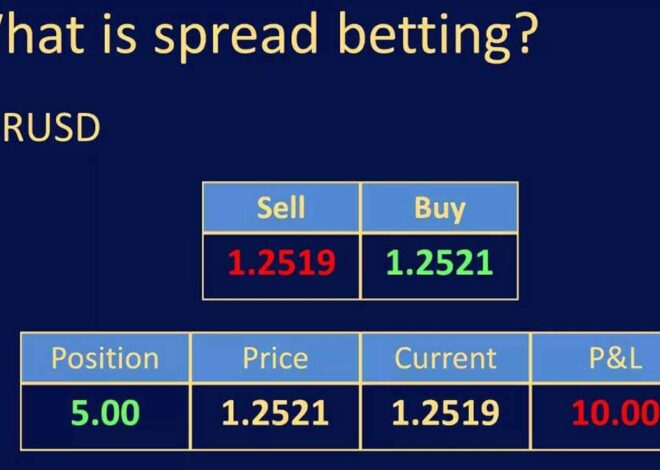
Is Forex Trading Legal
Forex trading, short for foreign exchange trading, is the process of buying and selling currencies on the global market. With the rise of technology, the accessibility of Forex trading has exploded, attracting millions of traders worldwide. However, one of the foremost questions prospective traders ask is, “Is Forex trading legal?” This article aims to provide clarity on this subject by exploring various aspects, regulations, and risks associated with Forex trading.
Understanding the Legality of Forex Trading Worldwide
In general, Forex trading is legal in many countries; however, the rules and regulations surrounding it can differ significantly. The legality often depends on several factors, including:
- The country of residence of the trader.
- The regulatory bodies governing trading activities.
- The type of trading platforms being used.
While it is legal in most jurisdictions, the absence of regulation can lead to an unsafe trading environment, making it imperative for traders to understand their local laws.
Key Regulations Governing Forex Trading Activities
Each country has its own set of regulations that govern Forex trading. Regulatory frameworks are established to protect traders, ensure market integrity, and prevent fraudulent activities. Some notable regulations include:
- Commodity Futures Trading Commission (CFTC): In the United States, the CFTC regulates Forex trading, ensuring that brokers adhere to strict rules and maintain a transparent trading environment.
- Financial Conduct Authority (FCA): The FCA oversees Forex trading in the UK, focusing on consumer protection and market integrity.
- Australian Securities and Investments Commission (ASIC): This body regulates Forex trading in Australia, ensuring that brokers comply with licensing and financial standards.
Traders must familiarize themselves with these regulations to ensure compliance and safeguard their investments.

The Role of Regulatory Bodies in Forex Markets
Regulatory bodies play a crucial role in maintaining the integrity of Forex markets. They are responsible for:
- Licensing Brokers: They ensure that brokers are licensed and meet specific standards before being allowed to operate.
- Monitoring Trading Activities: Regular audits and inspections help maintain fair trading practices.
- Protecting Traders: Regulations are designed to protect traders from fraud and unethical practices, providing a layer of security.
For example, the FCA requires Forex brokers to segregate client funds, ensuring that traders’ money is kept safe and separate from the broker’s operational funds.
Risks Associated with Unregulated Forex Trading
Engaging in Forex trading without the oversight of a regulatory body poses significant risks, including:
- Fraudulent Brokers: Unregulated brokers can easily exploit traders, leading to scams and unfair trading practices.
- Lack of Consumer Protection: Without regulations, traders have little recourse if they encounter issues with brokers or their trading platforms.
- Market Manipulation: In unregulated environments, the potential for market manipulation increases, as there are fewer checks and balances in place.
To mitigate these risks, traders should prioritize using regulated brokers and platforms.
Comparing Forex Trading Laws Across Different Countries
Understanding how Forex trading laws differ can help traders navigate the global marketplace more effectively. Below is a comparative table outlining key regulations in three major countries:
| Country | Regulatory Body | Key Regulation |
|---|---|---|
| United States | CFTC | Strict requirements for brokers to protect investors. |
| United Kingdom | FCA | Mandatory segregation of client funds and transparency. |
| Australia | ASIC | License requirements and ongoing compliance checks for brokers. |
This table highlights the importance of recognizing the regulatory landscape in various countries. As a trader, understanding these differences can help you make informed decisions about where and how to trade Forex.
How to Ensure Compliance in Forex Trading Practices
Ensuring compliance in Forex trading requires diligence and a proactive approach. Here are some practical tips:
- Choose a Regulated Broker: Always select brokers that are regulated by reputable authorities. This ensures that your trading activities are protected under law.
- Stay Informed: Regularly update yourself on the regulations applicable to Forex trading in your country and any changes that may occur.
- Review Broker’s Policies: Thoroughly read the terms and conditions of the broker and understand their trading policies.
- Utilize Demo Accounts: Before engaging in live trading, practice on demo accounts offered by regulated brokers to familiarize yourself with their platform and trading conditions.
- Seek Professional Advice: If in doubt, consult with a financial advisor or legal expert specializing in Forex trading to gain clarity and guidance.
In conclusion, while Forex trading is legal in many parts of the world, understanding the legal landscape is crucial for successful trading. By being aware of key regulations, the role of regulatory bodies, and the importance of compliance, traders can safeguard their investments and navigate the Forex market with confidence. Remember, the legality of Forex trading isn’t just about whether you can trade; it’s about doing so responsibly and securely.



I never realized how much the laws differ from country to country.
‘Consumer protection’ is essential in Forex trading for safety.
‘Understanding local laws’ will help me trade better, thanks!
The role of regulatory bodies seems crucial for safe trading.
‘Stay informed’ is a great tip. I will follow that advice.
‘Market manipulation’ sounds scary. I need to be careful!
I learned that regulations vary by country. That’s good to know!
‘Demo accounts’ are a smart way to practice before real trading.
Forex trading is interesting but I didn’t know it had so many rules.
It’s important to use regulated brokers to avoid scams.